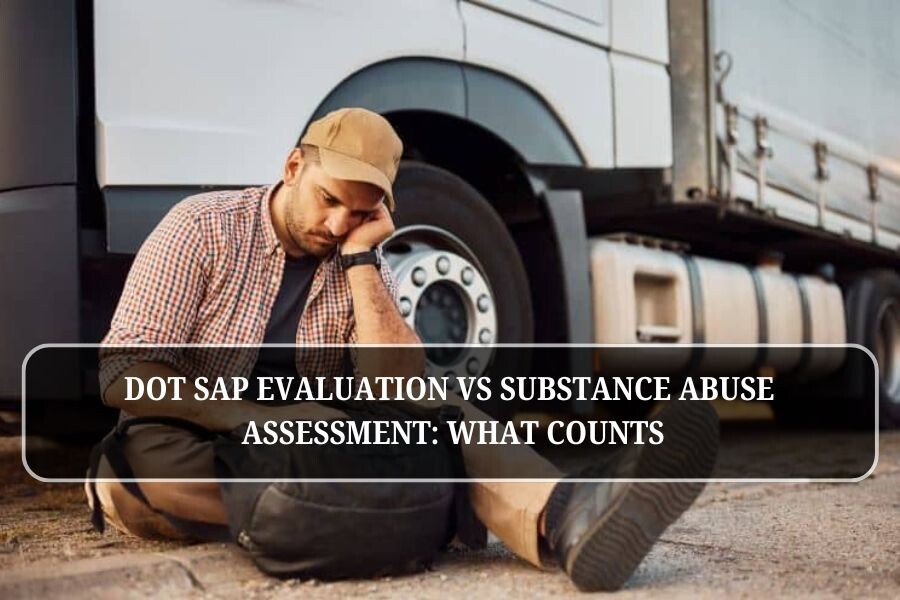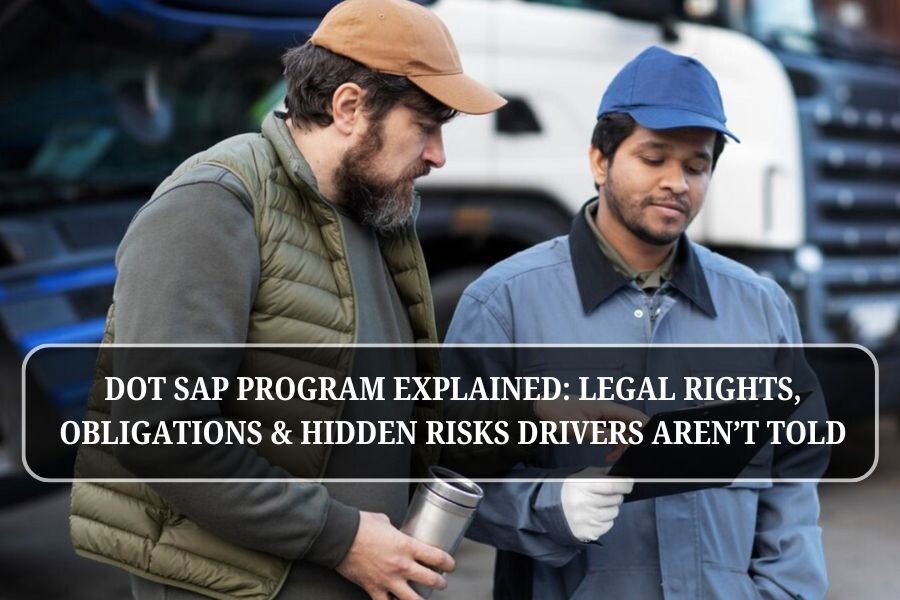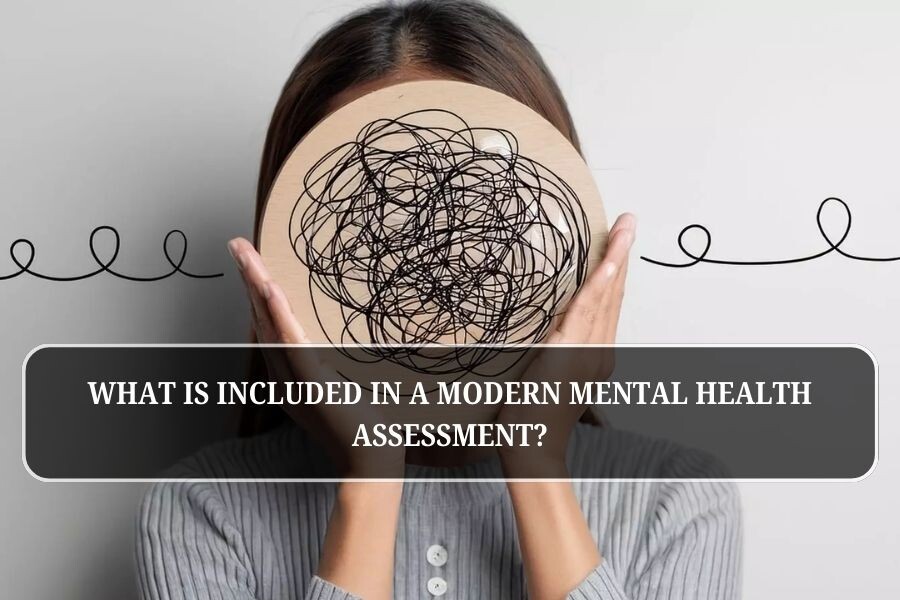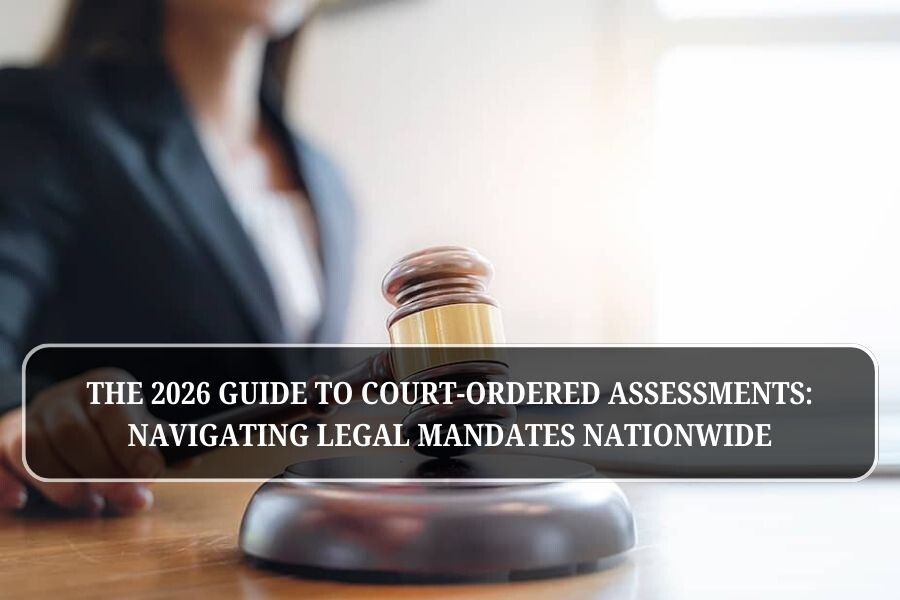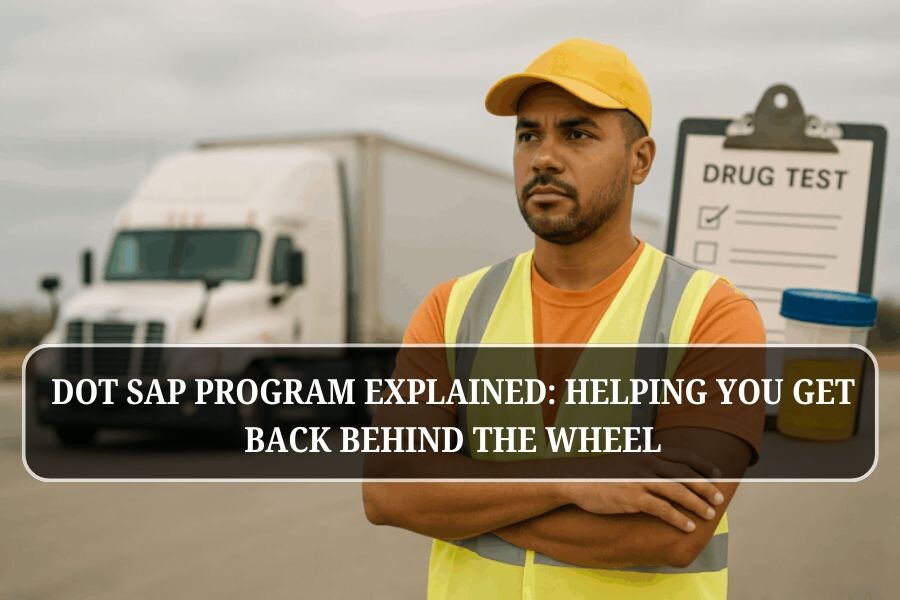When your career is on the line, the terminology matters. Many drivers make the mistake of thinking all “drug assessments” are created equal. In reality, choosing the wrong type of evaluation can lead to your paperwork being rejected by the FMCSA, wasting both your time and money.
At AACS Counseling, we help drivers navigate these complex requirements daily. Here is what you need to know about the differences between evaluations and how to ensure yours is recognized.
SAP Evaluation vs DUI Assessment vs Employer Evaluation
While these three terms are often used interchangeably in conversation, they serve completely different authorities and have different legal weight.
- DOT SAP Evaluation: This is a federally mandated process under 49 CFR Part 40. It is specifically for safety-sensitive employees (like CDL holders) who have a drug or alcohol violation. It is the only evaluation recognized by the FMCSA for the Return-to-Duty process.
- DUI/Court Assessment: Required by a judge or state agency after a legal charge. Its purpose is to satisfy state law, not federal DOT regulations. A court-ordered assessment focuses on legal recidivism, while a SAP evaluation focuses on workplace safety.
- Internal Employer Evaluation: Some non-DOT companies have their own internal substance abuse policies. While these may look like a SAP evaluation, they lack the federal reporting requirements needed to clear a driver in the FMCSA Clearinghouse.
What Evaluations are Rejected by FMCSA
The FMCSA is extremely strict about the documentation they accept. Your evaluation will be rejected if:
- It isn’t reported to the Clearinghouse: If the evaluator cannot log into the FMCSA Clearinghouse to enter your “Initial Assessment Complete” date, the evaluation does not exist in the eyes of the government.
- The provider isn’t a qualified SAP: A standard licensed counselor is not a SAP. Only those with specific DOT training and active credentials can perform these evaluations.
- It was a “Non-DOT” test: If you took a drug test for a private company that wasn’t under DOT authority, a SAP evaluation may not even be the correct path, as 49 CFR Part 40 rules only apply to DOT violations.
Common Scams & Invalid Assessments
As federal enforcement intensifies, “scam” SAP services have become more common. Watch out for these red flags:
- “Guaranteed Clearance”: No legitimate SAP can guarantee you will be cleared to drive before they have even met you.
- “One-Day Completion”: The SAP process requires an initial evaluation, a period of education or treatment, and a follow-up evaluation. Anyone promising to finish the whole process in 24 hours is operating outside of federal law.
- Untraceable Providers: If the person doesn’t ask for your CDL information to link you in the Clearinghouse, they aren’t performing a real DOT evaluation.
How FMCSA Verifies SAP Credentials
You might wonder how the government knows if your counselor is legit. The FMCSA verifies SAPs through a multi-step digital process:
- Clearinghouse Registration: To even see a driver’s name in the system, a SAP must register with the FMCSA using their professional license number and proof of DOT training.
- The “Designation” Process: You, the driver, must log in and “designate” your SAP. If the person you hired doesn’t appear in the official FMCSA list of registered SAPs, they cannot process your return to duty.
- Random Audits: The DOT frequently audits SAP records to ensure evaluations meet the required clinical standards.
Frequently Asked Questions
Is a DOT SAP evaluation different from a drug assessment?
Yes. While both assess substance use, a “drug assessment” is a general term. A DOT SAP Evaluation is a specific legal procedure required by federal law. A standard assessment will not satisfy the FMCSA or update your status in the Clearinghouse.
Will a court-ordered evaluation count for DOT?
No. Even if the court-ordered assessment is more “intense,” it does not meet the DOT’s regulatory requirements. You cannot use a DUI assessment from a state court to clear an FMCSA violation. You must complete the specific DOT SAP process.
How does FMCSA verify my SAP?
FMCSA verifies SAPs through the Drug and Alcohol Clearinghouse. Every SAP must have a verified account and certify under penalty of perjury that they hold the required professional credentials (such as being a Licensed Clinical Social Worker or Certified Addictions Counselor with DOT training) before they can enter your data.
Don’t risk your CDL on an invalid assessment. At AACS Counseling, we are fully registered and qualified to handle your DOT SAP process from start to finish.
Contact us at 800-683-7745 to schedule a valid, FMCSA-recognized evaluation today.
Understanding the DOT SAP process This video provides a clear overview of the steps involved in the Return-to-Duty process for commercial drivers.
